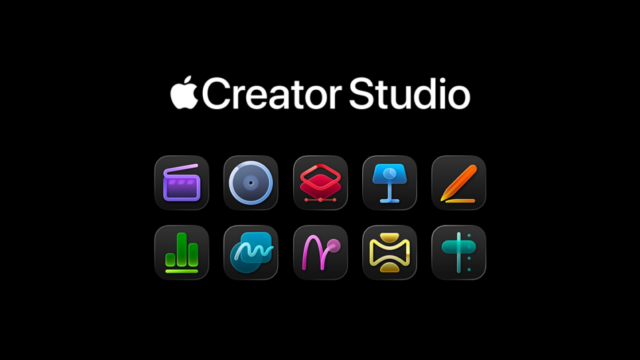Harvard’s massive dataset now fuels cutting-edge AI models from Microsoft and OpenAI. Researchers at the prestigious university gathered millions of digital texts with meticulous care. They collected materials from various sources, including scanned books and academic papers. These efforts now let Microsoft and OpenAI train more robust and intelligent linguistic models. Industry insiders report that these new models exhibit remarkable improvements in comprehension and reasoning. Developers also claim the models handle complex queries and intricate instructions with greater accuracy.
Microsoft and OpenAI refused to reveal every detail behind their training processes. Observers suggest they want to protect their competitive edge in the booming AI industry. Harvard officials acknowledge their contributions, but they avoid disclosing all raw materials. This secrecy prompts concerns among observers who question the data’s legal and ethical foundations. Critics argue that authors and publishers never consented to such sweeping digital harvesting. They worry that AI developers gain huge advantages without fairly compensating content creators.
Some experts demand new rules that require transparency and proper licensing agreements. Lawmakers also discuss possible reforms that could force companies to clarify their sourcing methods. Harvard’s collaboration with these tech giants thrusts the university into the AI spotlight. This attention excites some researchers who hope the partnership accelerates breakthroughs in machine learning. Others fear that unrestrained data usage threatens intellectual property rights and academic integrity. Harvard leaders must now navigate these questions while preserving their storied reputation.
Microsoft and OpenAI will likely push forward, even amid calls for stricter oversight. Analysts predict that these advanced models will shape our digital landscape for decades. Consumers may soon interact daily with tools enhanced by Harvard’s powerful datasets. These interactions might reshape education, research, journalism, and countless other knowledge-driven fields. International regulators watch these developments closely and consider global standards for data usage. Tech entrepreneurs see immense opportunities to build new services on top of these models. Meanwhile, librarians and archivists debate how these activities align with their preservation missions.















